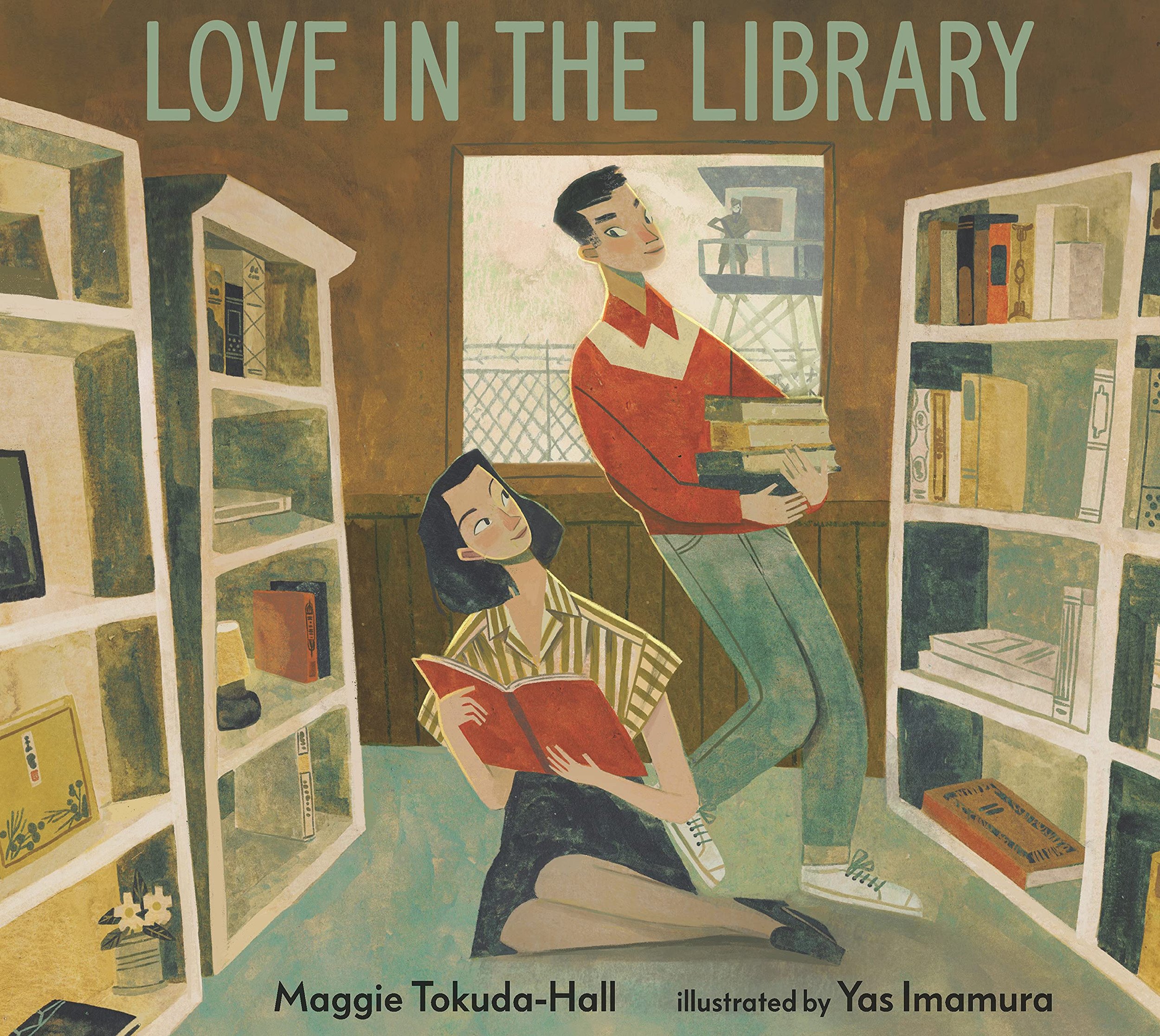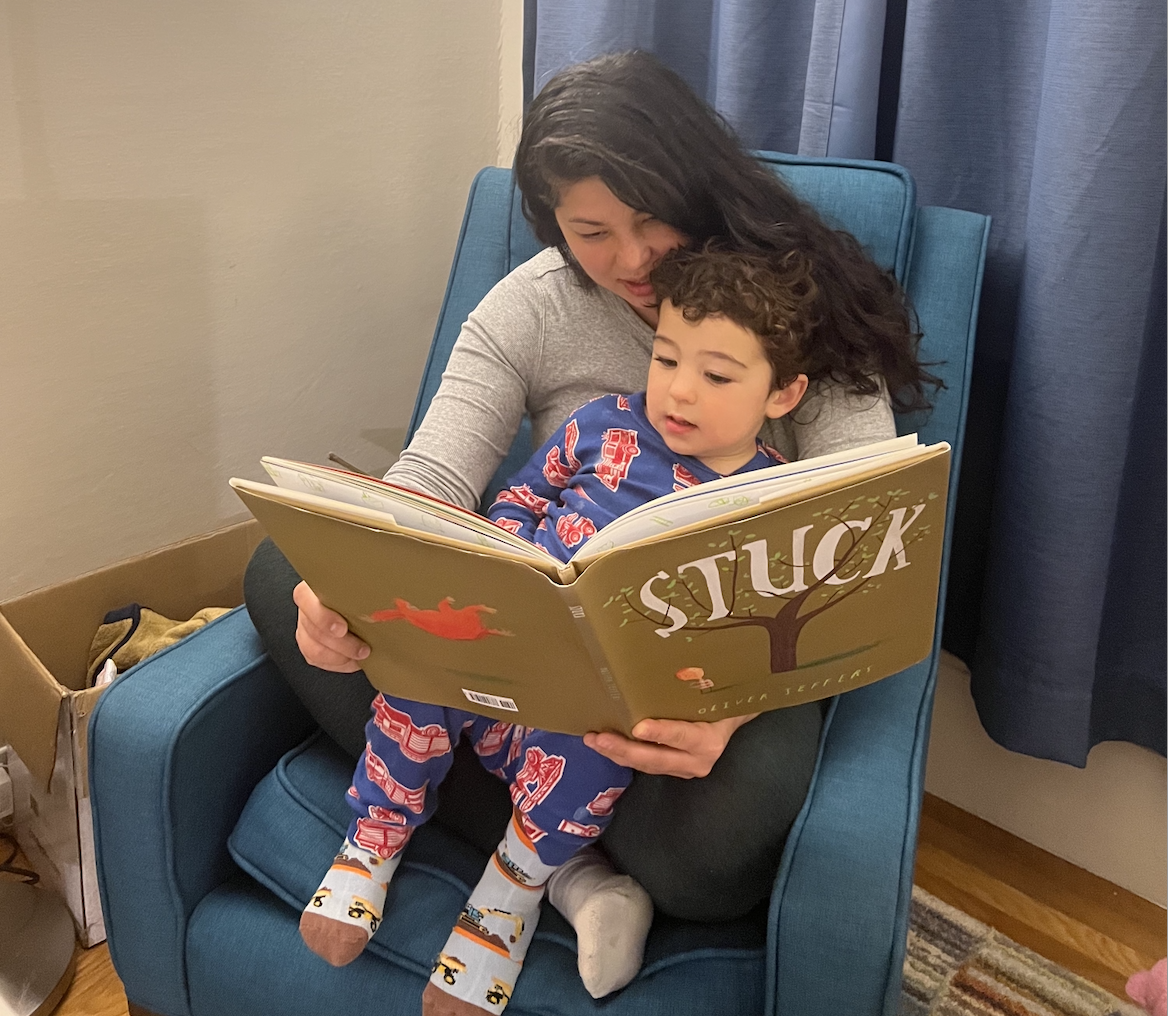No One Is Coming: ALAN Award Acceptance Speech on Behalf of Authors Against Book Bans
Thank you ALAN and NCTE for recognizing Authors Against Book Bans for this award. On behalf of our national board, Samira Ahmed, Dhonielle Clayton, Gayle Forman, Alan Gratz, Joanna Ho, Kelly Jones, Adib Khorram, Maris Kriezman, David Levithan, Katherine Locke, Sarah MacLean, and Colleen AF Venable— as well as founding members without whom this group would not exist, Christina Soontornvat, Andrea Davis Pinkney and Sayantani DasGupta— we are all so grateful and honored to be recognized.
We would also like to thank Tasslyn Magnussen of PEN America, Skip Dye of Penguin Random House, Mary Van Akin of Macmillan, John Chrastka of EveryLibrary, the Texas Freedom to Read Project and Florida Freedom to Read Project for lending us their expertise to help us on our way.
Like many of you here, the members of AABB have been watching with rising alarm since 2020 as the scourge of book bans has gained traction among far right activists and dark moneyed interests, and also just like many of you, we kept looking for the leaders. Who would simply tell us what to do? What language to use that would arm us with the silver bullet we needed to finally condemn this nonsense to the annals of irrelevance where it belongs? Who was going to save us?
And, likely, just as many of you sitting here, we realized with dawning horror
No one was coming.
More than anything I think one of the worst psychic wounds of this era is the revelation that those with their hands most comfortably seated on the levers of power seem the least willing to fight. We have watched high powered law firms, university presidents, and CEOs betray us with stunning speed. We have realized that they are not guarding our best interests. And that, somehow, it is up to us– normal, fallible, gullible, well-intentioned and overwhelmed people– to protect ourselves.
The things we had taken for granted— the notion that literacy is a positive force.That teachers deserve respect. That learning is a net good. That honesty is virtue— are under siege. The task of protecting this nation from those attacks falls to regular people, unprepared for such a fight.
How were we caught so unaware? How did they get the drop on us so spectacularly, despite peddling such wildly unpopular ideas? How did all the grown-ups in the room, the politicians and pundits and executives we so trusted with our protection, leave us so magnificently vulnerable?
It is an unmooring thing, to realize that you are unsafe in the place you call home. And for so many of us, that place, that home that is most dear, is not a spot on a map, but a sentence on a page. We have sought refuge and solidarity and hope and comfort in books for centuries. And now our home, the home we have all worked so hard for generations to build, it’s on fire.
And nothing burns like a book.
I have personally indulged, more often than I would care to admit, in hopelessness. It’s hard not to, every time a new Supreme Court ruling deems some fresh atrocity legal, or every time a new executive order seeks to dehumanize whole swaths of our community with a single pen stroke. It is easy to focus on how much power we do not have.
But the flip side of the regular people being abandoned by the institutions we hoped would protect us is… well. We are all the regular people. We are now charged to keep us safe. And I may not trust systems, but life has taught me to trust people, and book people most especially. Because if I could choose who to fight alongside, I would choose the people who have spent their whole lives developing empathy, approached the world with curiosity, and educated themselves. I would choose to fight alongside readers.
We are staring down the very real possibility that democracy itself in this nation could come to an end. Despots throughout history have known that their most formidable enemies were educators and artists—so now it is no surprise that the people who teach books, and the creators who make them are among those under attack. We stand in opposition to the single story every authoritarian must tell in order to consolidate power:
That he alone can save us.
Hopelessness will try to convince us that he is right. That we are powerless, and that he is all powerful, and there’s nothing that can be done to correct it. But the truth is he can’t do either– he alone cannot save us. And he alone cannot destroy us. And though we are certainly living through an era where ONE guy is sure doing his best to destroy so much of what all of us in this room have given our lives to build, he is destined to fail. He’s peddling a lie that never holds. And readers know that. We know that.
By the same token, no one person can ensure he fails. No ONE person.
And so it is incumbent upon us to be the regular people, the fallible but the many, the most of us who stand in the way.Regular people, each and every single one of us, have power. The power to remind each other what truth sounds like. To show each other that there is not just the will to fight, but the imperative to do so. That hope is a warrior emotion, one not born of optimism, but of the refusal to be step aside, the refusal to cede what we each know is sacred.
Literature is under attack. Our home is under attack. Those who are attacking the right to read are doing so under the guise of protecting children, but we know this is a disgusting lie. No child is safe in a classroom stripped of its books when someone with an unregulated AR 15 comes to school. They do not want safe children -- they want obedient children, and they think they can accomplish that by deciding what books are allowed to be on the shelf.
But we know that the function of literature is not to instill obedience, and we know that the question is no longer what books are allowed on the shelf -- but are we allowed to have books at all. Because just as there is no child we can sacrifice to keep other children safe, there is no book we can sacrifice to keep other books safe.
The function of literature is to ask questions we don’t know the answers to; to have the wild and wonderful horrible world laid bare before us; to see ourselves, to see each other; and to broaden our minds past the confines of the geography we were born to. Literature is freedom. And we should be very hostile indeed to those who seek to stifle it.
As GK Chesterton said: “Fairy tales do not tell children that dragons exist. Children already know that dragons exist. Fairy tales tell children that dragons can be killed.” For so long we have peddled in tales of courage, and kindness, and resilience. All that time in the library, in the stacks and on the page spent preparing ourselves for this moment.The time has come for us to live by those values. To be the hero on the page we so admired, and wondered, could I be brave enough to fight the dragon?
Because the truth is no one should face the dragon alone. Alone, we are easily picked off, terrorized, silenced, and cowed. But together? Together we are something bigger than a dragon.
The great strength, the thing I am most proud of within Authors Against Book Bans is that none of us taking this on alone. Countless volunteers have stepped in, to make a poster, edit a video, speak at a school board meeting, write a letter to a legislator, or even to their own publishers. State leaders have been working tirelessly to pass proactive legislation to protect our freedom to read, and to stand in the way of bills that seek to criminalize us. Even this speech was edited by AABB member Sarah Gailey. Our members have decided that this fight is ours.
This is your fight, too. You don’t need an invitation. You can start right away. We need each and every one of us to take ownership of this nation because it is OURS. It belongs to US, Black and Indigenous people of color, queer folks, our trans siblings who have always been with us and always WILL be with us, Muslims and Jews, immigrants, scientists and journalists, teachers and librarians and book creators and readers. We will not be erased. We will not be silenced.
When you join the fight, you’ll be joining so many incredible people, our arms linked around the home that we all built.
And that’s our promise, from Authors Against Book Bans, to each and every one of you in this room. We may not have as much time or power or money as we would like. We can't be everywhere at once, even if we'd like to be. But we’ll be goddamned if we let any of you fight alone. There are more of us than there are of them. This is our country. This is our fight to win.
No one is coming to save us, but that’s ok.
WE are going to save us.
Thank you.














